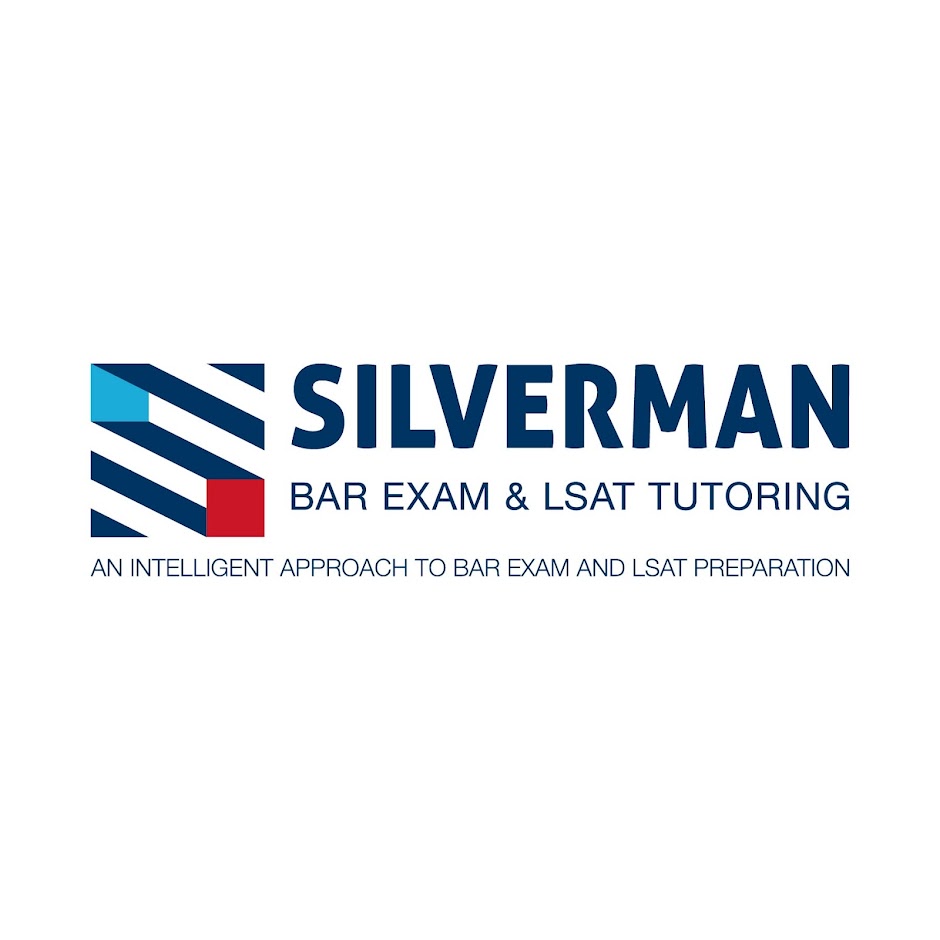Trusts is a subject tested on the state essay portion of many bar exams. It's not thought of as an MBE subject, but it is testable in the area of Real Property. Fortunately, for purposes of the MBE, the material is very basic. It's enough to know the following:
A trust is a relationship whereby a settlor conveys property to a trustee, and the trustee holds legal title to that property. The beneficiaries hold equitable title with equitable rights attached. At the time that the settlor conveyed the property, he/she must have owned the property and had the intent to create a trust.
A trust can be created in one of two ways: by will or by an inter vivos transfer of the property. It should be noted that the settlor may choose to act as trustee in which case the trust will be created if the settlor declares that he is holding the property in trust. As is the case with any transfer of real property, if the property transferred is real property, then the trust agreement must be in writing to satisfy the statute of frauds. If a settlor creates a trust during his lifetime, and then transfers property in his will to that lifetime trust, it is known as a pour over trust.
Occasionally questions will test charitable trusts. A charitable trust must have a charitable purpose, and must have indefinite beneficiaries (as opposed to a private trust in which the beneficiaries must be definite). Further, it may be of indefinite duration (the Rule Against Perpetuities does not apply). Occasionally, a trust will be set up for a charity and at some point the purpose of the trust will become impracticable or impossible. In such instances, the court will apply the cy pres doctrine which allows the court to select an alternative charity. Generally, charitable trust are enforced by the attorney general of the state.

No comments:
Post a Comment